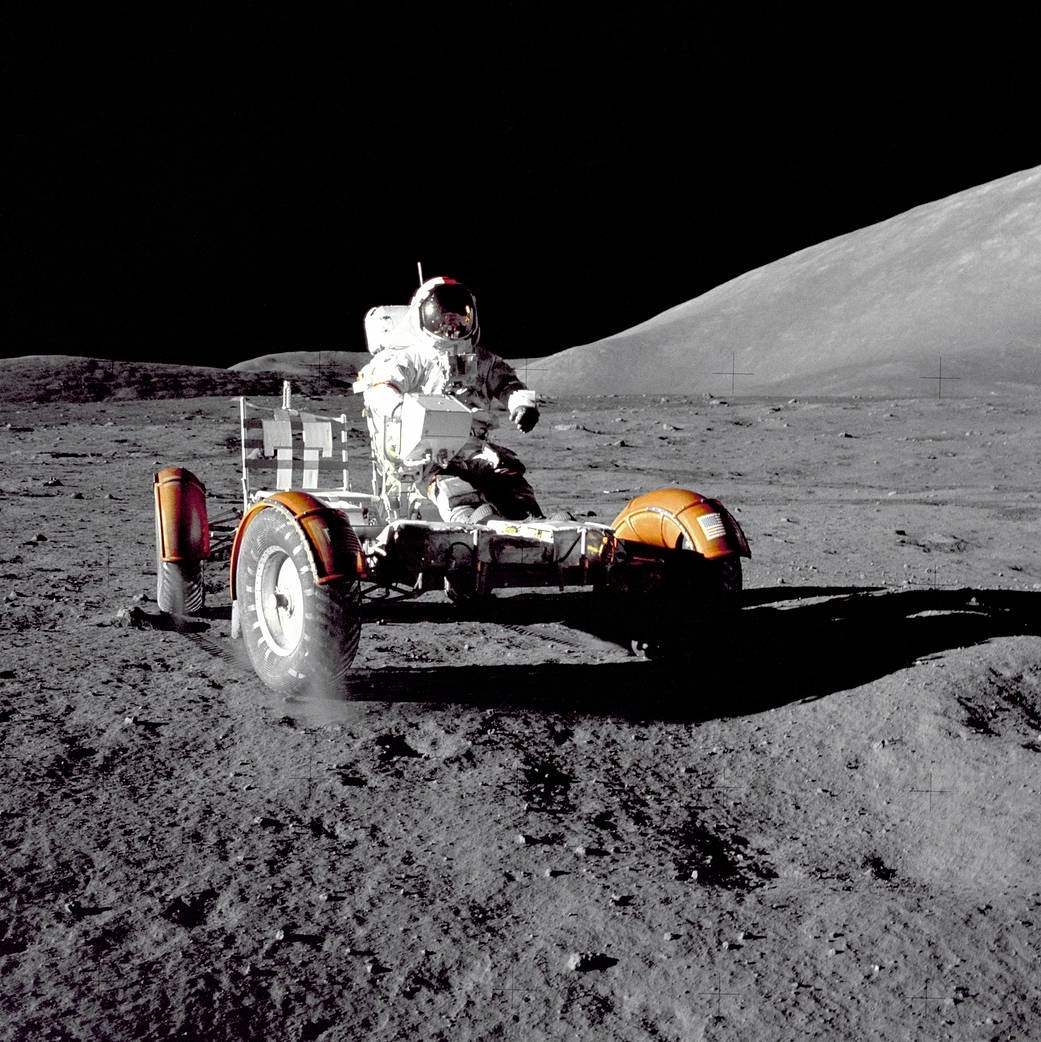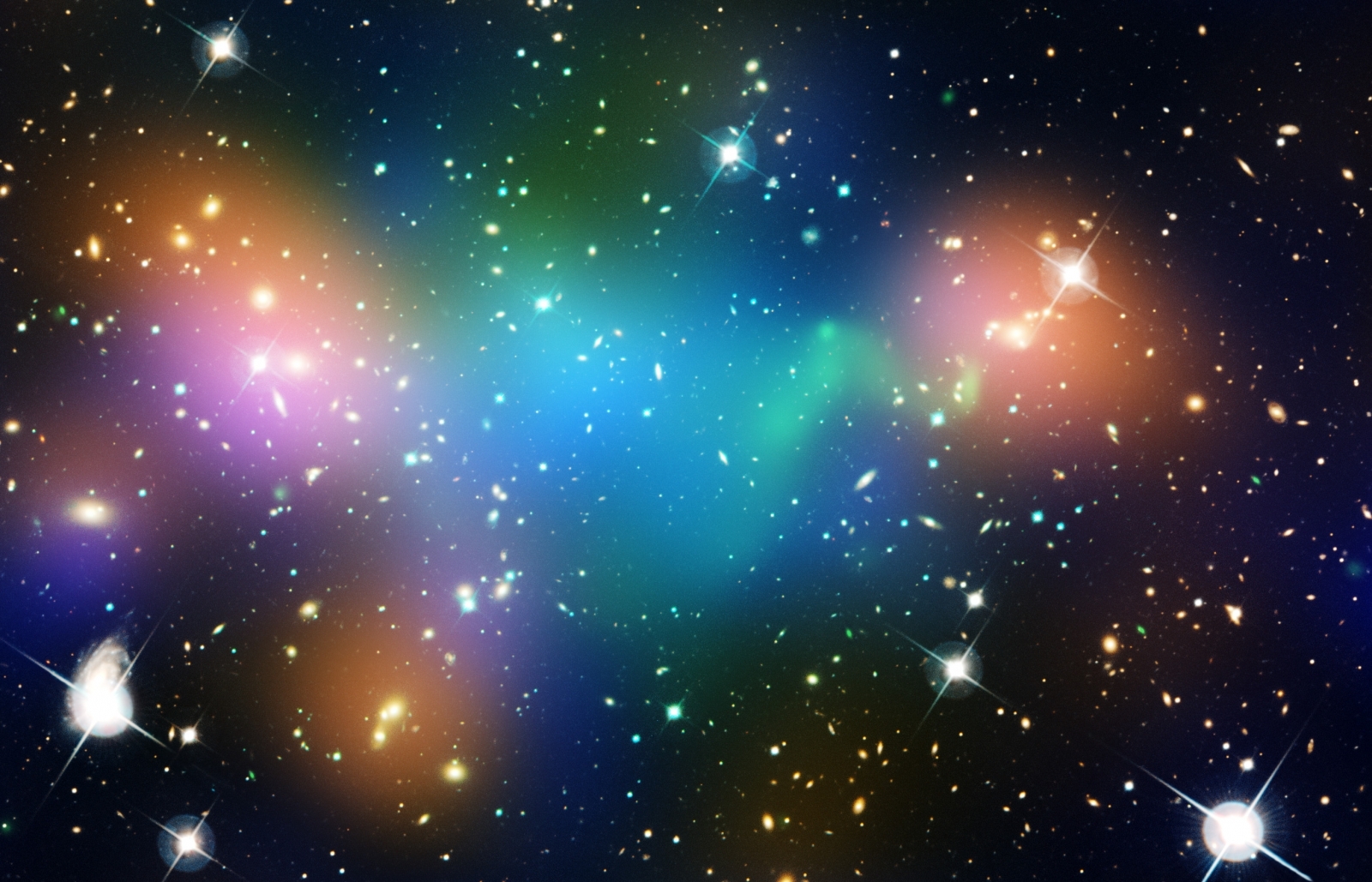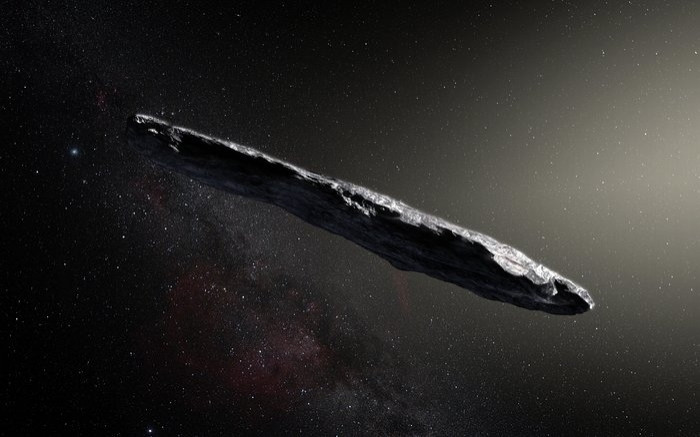This week in space: Interstellar asteroid probe, Nasa and Google AI find alien solar system and more
IBTimes UK's science team brings you the best and most interesting space stories of the week.




Quite a few exciting space-related discoveries came to light this week. The dominating space stories this week were perhaps Nasa and Google's artificial intelligence (AI) discovering a distant solar system similar to ours over that is located 2,500 light years away and scientists investigating an interstellar asteroid in the hopes of maybe intercepting an alien signal.
The past week also saw few light-hearted space stories emerge, such as Nasa astronauts aboard the International Space Station getting their very own Star Wars premiere.
IBTimes UK brings you the highlights of the best space stories of the week to keep all you space nerds updated on what's happening in deep space.
Nasa and Google find hidden exoplanet – a solar system similar to ours
Google's AI analysed data collected by Nasa's prolific alien planet hunter – the Kepler telescope – and found a hidden exoplanet named Kepler90i orbiting a sun-like star. The discovery of the exoplanet also revealed that it was the eighth such planet orbiting a single star – the first time ever that this many planets have been found orbiting a single star.
Oumuamua – intersteallar asteroid or secret alien spacecraft?
Scientists at Breakthrough Listen, an organisation funded by Russian tycoon Yuri Milner, announced this week that they will be analysing Oumuamua – the first and only interstellar asteroid ever to make its way to our solar system. Astronomers said that they will check to see if the bizarre, cigar-shaped asteroid could be more than just a space rock. Preliminary findings of the research recently released by the astronomers revealed that no alien signal has been observed yet. However, researchers said that they are still processing over 90TB of data collected from Oumuamua.

ISS astronauts will have their very own Star Wars: The Last Jedi premier
The best seats for one of the most anticipated movies of the year – Star Wars: The Last Jedi will be bagged by Nasa astronauts. The movie will be screened in space – at the International Space Station – likely making it one of the most exciting movie premieres.
Earth is being hit by dark matter and scientists made a video to show you what it looks like
Scientists created a computer simulation that allows researchers to test how dark matter particles that constantly bombard the Earth scatter. The map not only reveals what this may look like but can also help boost scientists' efforts to detect the invisible and mysterious dark matter particles.
Apollo 17 astronauts' epic Moon road trip
In 1972, Apollo 17 astronauts took an epic road trip on the Moon which lasted over four hours. The three Moon buggies that helped the astronauts travel across the lunar surface still remain there and will forever be parked up there. Click here to read more about the details of the lunar road trip.
Cassini may be gone but it is still giving us new data about Saturn
Nasa recently released new data that was collected by Cassini, before it plummeted to its death around three months ago. Cassini found weird shadows in Saturn's icy rings. Although scientists are still analysing the new data, it is hoped that Cassini's data may help researchers get more insights on how particles behave in Saturn's atmosphere.






















